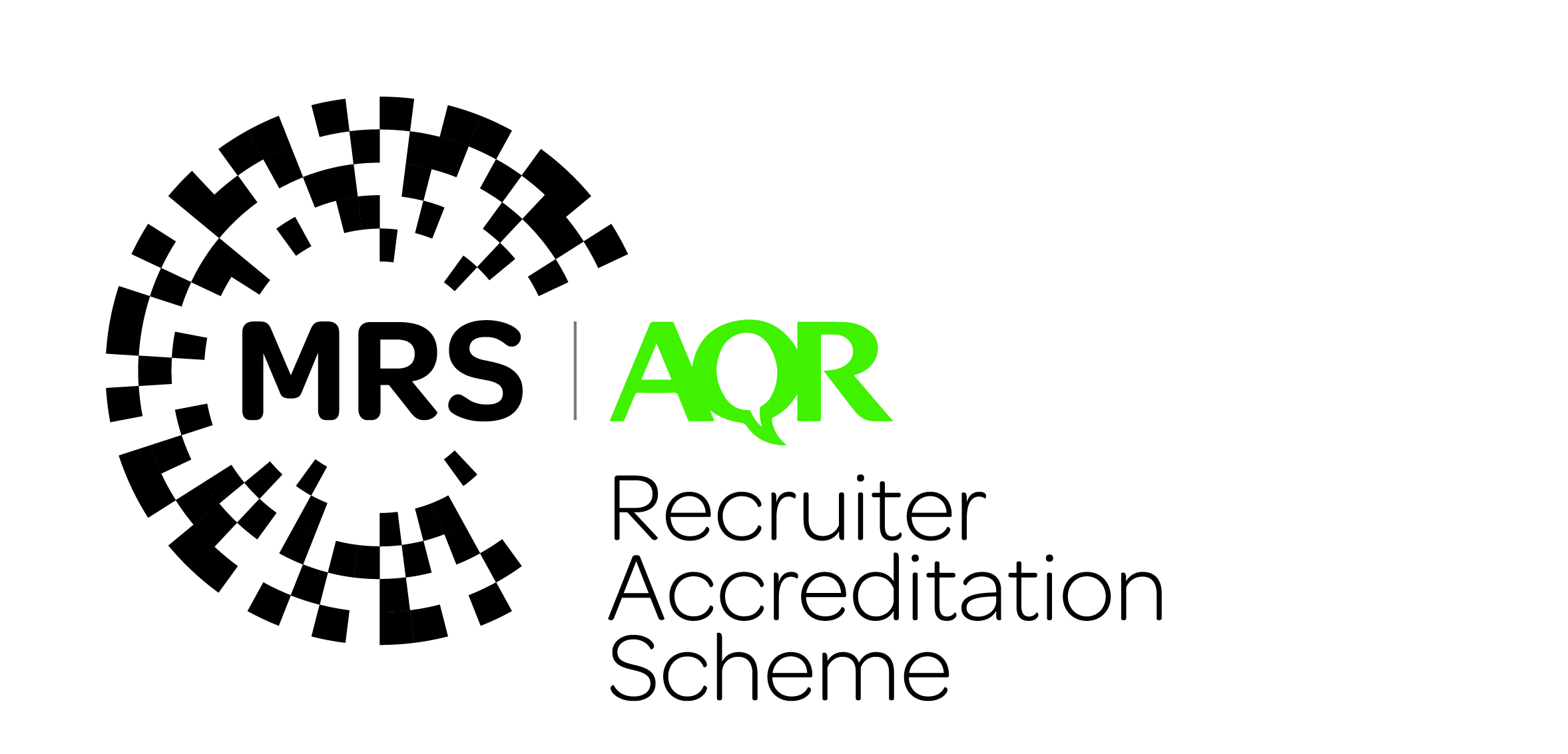All MRS websites use cookies to help us improve our services. Any data collected is anonymised. If you continue using this site without accepting cookies you may experience some performance issues. Read about our cookies here.
To enlarge video please either pause the video and then press the F key on your keyboard or select full screen button option located on the bottom right of the video.
You are currently not logged in. Any progress made will be lost.
Types of participants
Mainstream
These are the participants who are “average consumers”, they could be homemakers, supermarket shoppers, someone with a bank account, cinema goers etc. This target audience are what you would expect to find relatively easily within the general population.
Children
For the purposes of research children are defined as aged under 16 and young people are 16-17 years of age.
If children are needed to take part in research, permission to interview them must be obtained from responsible adults. This is usually a parent or guardian, or other person on whom parents or guardians have conferred the responsibility. Such permission must be given before any child is interviewed. Consent is not required for young people, although this might be appropriate for certain topics and/or social groups. A child under the age of 16 must be accompanied by an adult to the research. Adults must be over the age of 18 and are referred to as chaperones.
If recruiting in schools, where the consent of teaching staff as the responsible adult is obtained, parental or guardian permission should also be sought.
Once permission to interview children has been obtained, children must still be given the opportunity to agree or decline to take part in research.
Consent from responsible adults must be verifiable; emails are not adequate proof of consent and should be backed up by a signed responsible adult consent form.
For younger children it may be appropriate to screen the responsible adult and not the child. For older children you may need to screen both the adult and the child, or just the child. If you only need to screen the child you must speak to the responsible adult first to get permission and fully explain what you are going to ask the child.
Responsible adults must be made aware of any incentives, and any recording, monitoring or observation of children.
At the recruitment stage special care is needed when screening children and young people about:
- issues which could upset or worry the child, e.g. his or her relationships with other children, his or her experiences at school (if unfavourable)
- issues which risk creating tension between the child and their parents and /or carers
- issues relating to potentially sensitive family situations (e.g. parental relationships, income, use of alcohol or drugs within the household, family illness)
- issues relating to racial, religious and similar socially or politically sensitive matters
- issues concerned with sexual activities
- issues relating to their own experiences or worries about alcohol or drugs
- issues relating to illegal or otherwise socially unacceptable activities
Again careful screening must be used when the research is testing products in case of allergies / religious or cultural barriers or products which are illegal for children or young people to try due to their age.
If research takes place in the homes of children or young people, a responsible adult should stay on the premises at all times but not necessarily in the same room where the research is taking place. A consent form signed by the responsible adult is still required.
Equally if research takes place in a central location, clients’ offices or viewing studios then children must have a chaperone to bring them to the venue and stay with them, usually in reception or a waiting area.
Interviewers who are left alone with children should have been checked by the Disclosure and Barring Service (DBS) to ensure that they have no convictions which would bar them from working with children.
For further information, refer to the MRS Guidelines for Research with Children and Young People – Updated September 2014.
Business (B2B)
This is where business or service providers want to speak to users or potential users of their products and/or services. For instance you may be asked to recruit Facilities Managers, Human Resource Managers, Heads of IT departments or Heads of Finance of different size companies.
Healthcare Users
Usually recruited by organisations which specialise in this area. Participants are recruited with a range of conditions of varying degrees of severity. These types of research sessions are not medical trials but involve participants giving feedback for example on treatments or medical devices. Some healthcare projects may be on topics which participants find difficult to talk about and recruiters should be sensitive to this.
Professionals
These participants are people who have a professional background and are required because of their knowledge of their specialist subject e.g. medicine, education or law. For instance you might be asked to recruit Heads of Departments in schools to discuss proposed changes to examinations.
Special considerations when recruiting
These may apply to anyone that you could recruit across all types of participant groups.


